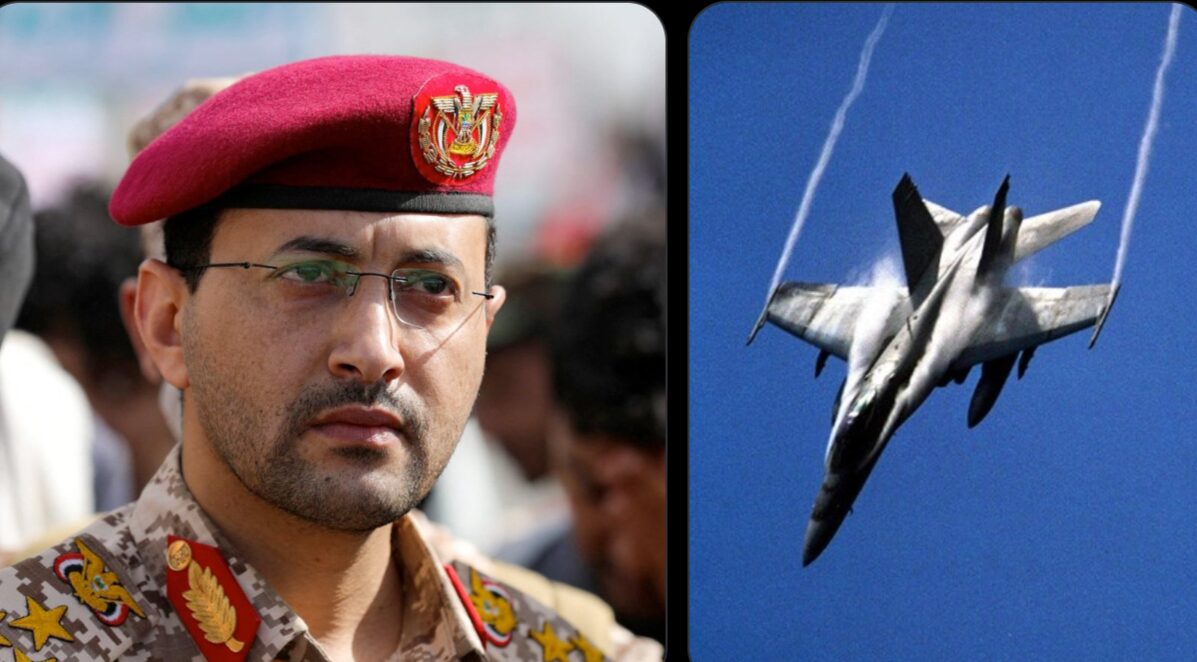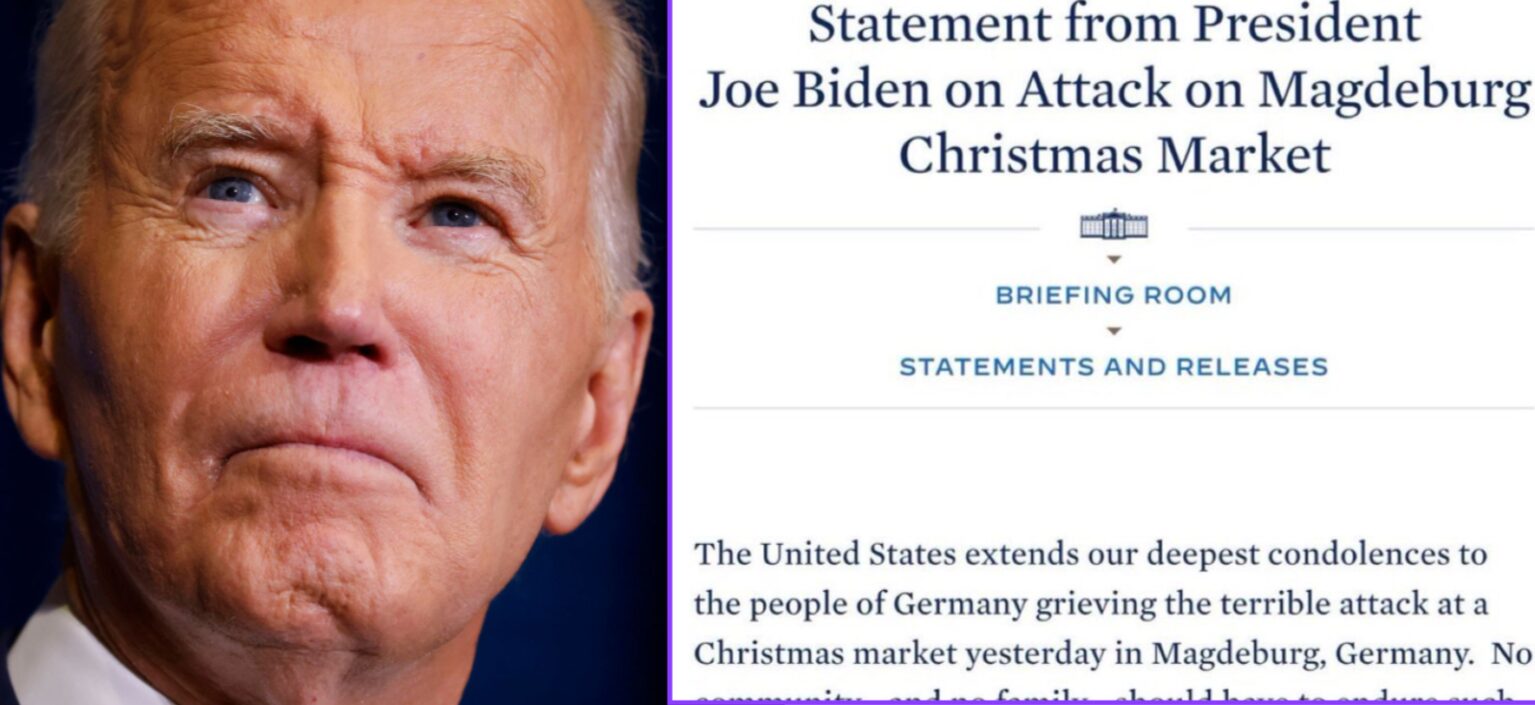SAUDI ARABIA issued three warnings to the German government about the perpetrator of the Magdeburg Christmas attack
Saudi Arabia Issued Three Warnings to the German Government About the Perpetrator of the Magdeburg Christmas Attack: Germany Ignored Them
In a startling revelation, it has come to light that Saudi Arabia issued three separate warnings to the German government about the individual responsible for the Magdeburg Christmas attack. Despite these alerts, the German authorities allegedly ignored the warnings, which has now sparked a major international controversy and raised serious questions about intelligence sharing, the effectiveness of national security protocols, and the level of coordination between countries in combating terrorism.
The Magdeburg Christmas attack, which occurred in December 2024, shocked Germany and the world. A suspect, later identified as a man with ties to extremist groups, drove a vehicle into a crowded Christmas market in the eastern German city of Magdeburg. The attack left several injured and sent shockwaves throughout the country, especially given the ongoing concerns over terrorism and extremism in Europe.
The Attack: A Shocking Incident
The Christmas market in Magdeburg, a popular seasonal event drawing crowds from across Germany and beyond, was targeted in what authorities have now labeled as a terrorist attack. The suspect used a vehicle to ram into pedestrians, causing widespread panic and injuries. Law enforcement responded swiftly, and the suspect was apprehended shortly after the attack.
While the immediate aftermath of the attack focused on the victims and the scene of the crime, new revelations about the perpetrator’s background have since come to light, shedding new light on the events leading up to the attack. It appears that the suspect had been known to both German and international intelligence agencies, but crucial warnings from Saudi Arabia had not been acted upon in time.
The Warnings from Saudi Arabia
According to newly released reports, Saudi Arabian intelligence officials had sent three separate warnings to the German government about the individual responsible for the attack. These warnings were issued at different intervals, highlighting the suspect’s increasing connections to extremist groups and potential threats posed by his activities.
The first warning reportedly came in early 2024, when Saudi intelligence authorities flagged the suspect as being involved in a radical network based in the Middle East. The second alert was issued later that year, suggesting that the individual had been in contact with known terrorist operatives. The third warning came just weeks before the attack in Magdeburg, which highlighted the growing risk the suspect posed. Saudi authorities reportedly provided information on the suspect’s movements, associations, and activities, advising German officials to monitor him closely.
Despite these warnings, German intelligence agencies and law enforcement agencies reportedly failed to take sufficient action to investigate or neutralize the threat. This oversight has sparked outrage, both in Germany and internationally, as it suggests a serious lapse in coordination and communication between key allies in the fight against terrorism.
Germany’s Response: A Critique of Intelligence Coordination
The German government’s response to these warnings has been met with widespread criticism. While Germany has long been considered a key player in international counterterrorism efforts, this incident has raised questions about the country’s ability to effectively act on intelligence information.
The failure to respond to the warnings from Saudi Arabia suggests a breakdown in the communication channels between national security agencies. Intelligence sharing, particularly between countries with shared interests in combating terrorism, is crucial to preventing attacks. In this case, the failure to act on Saudi Arabia’s intelligence raises doubts about Germany’s intelligence-gathering capabilities and its ability to prevent threats before they materialize.
There is also concern over the bureaucratic hurdles that may have impeded the timely response to the warnings. The complexity of intelligence analysis, coordination between agencies, and the prioritization of various threats can sometimes lead to delays in responding to urgent risks. However, when lives are at stake, especially in the case of terrorist threats, the lack of immediate action becomes a glaring issue.
The Political Fallout: International Repercussions
The failure to act on Saudi Arabia’s warnings has had far-reaching political repercussions. Germany’s relationship with Saudi Arabia, already strained due to differences in foreign policy and other diplomatic issues, has been further complicated by the revelation. Saudi officials have expressed frustration over Germany’s inaction, with some suggesting that the lack of response may have emboldened the suspect and enabled the attack to occur.
The incident has also sparked a broader conversation about the nature of international cooperation in counterterrorism efforts. Intelligence-sharing agreements between countries are crucial to identifying and neutralizing threats before they can cause harm. When these warnings are ignored, it not only undermines trust between nations but also increases the risk to citizens worldwide.
Moreover, the incident has prompted many to question Germany’s commitment to ensuring the safety of its own citizens. While the German government has pledged to investigate the attack and the circumstances surrounding the intelligence failure, the political fallout from the event may have long-lasting effects on public confidence in the country’s national security infrastructure.
A Broader Issue: The Challenges of Counterterrorism
The Magdeburg Christmas attack highlights the broader challenges of counterterrorism efforts in an increasingly complex and interconnected world. As terrorist networks become more globalized, the ability to track individuals and assess potential threats across borders has become more difficult. The case underscores the critical importance of maintaining open and effective communication channels between intelligence agencies worldwide.
Despite the complexities, the international community must work together to prevent attacks and ensure the safety of citizens across the globe. Counterterrorism efforts rely not only on timely intelligence but also on coordinated responses. When countries fail to act on critical warnings or mishandle intelligence, the consequences can be devastating.
The failure to prevent the Magdeburg attack also sheds light on the growing need for reform in intelligence agencies worldwide. While agencies are often overwhelmed by the sheer volume of data and intelligence reports they receive, there must be stronger mechanisms in place to ensure that potential threats are acted upon promptly. The cost of missing key intelligence is far too high, as evidenced by the attack in Magdeburg.
The Victims: A Tragic Reminder of the Importance of Vigilance
While the political and intelligence implications of the attack are being debated, it is important to remember the victims of the Magdeburg Christmas attack. Several individuals were injured in the incident, and the traumatic impact of the attack has been felt by the local community and beyond. The emotional and psychological toll on the victims, their families, and those who witnessed the attack cannot be overstated.
The attack is also a tragic reminder of the importance of vigilance and preparation in countering terrorism. Despite the warnings from Saudi Arabia, the attack still occurred, highlighting the risks of complacency and the need for constant, proactive efforts to protect citizens from the threat of extremism.
Moving Forward: Lessons Learned and the Need for Reform
The failure to act on Saudi Arabia’s warnings about the Magdeburg attacker raises several important questions about the effectiveness of intelligence agencies and the importance of international cooperation in counterterrorism efforts. As the investigation into the attack continues, it is clear that there are critical lessons to be learned from this incident.
First and foremost, countries must prioritize stronger communication and collaboration when it comes to sharing intelligence about potential threats. The failure to act on the warnings provided by Saudi Arabia is a stark reminder of the high stakes involved in counterterrorism efforts. Moving forward, nations must work together to ensure that such intelligence failures do not happen again.
Second, Germany, and other countries facing similar threats, must invest in strengthening their intelligence capabilities and response protocols. The bureaucratic and logistical barriers that delayed the response to the Magdeburg attack must be addressed to ensure that intelligence is acted upon in a timely and effective manner.
Finally, the Magdeburg attack underscores the critical importance of vigilance, preparedness, and a coordinated international effort in the fight against terrorism. The lessons learned from this incident should serve as a catalyst for meaningful reform and a renewed commitment to preventing future attacks.

















Post Comment